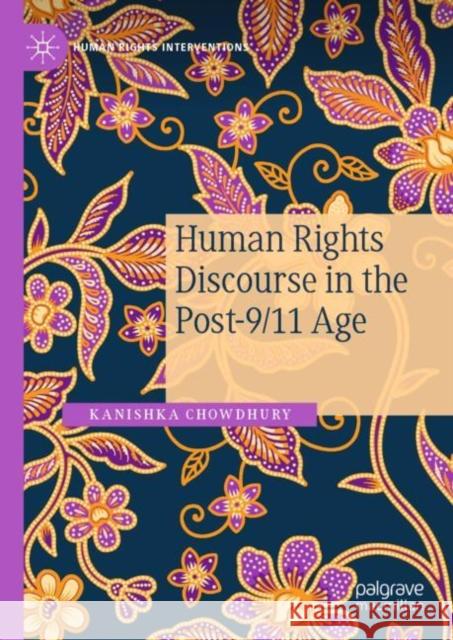Human Rights Discourse in the Post-9/11 Age » książka
topmenu
Human Rights Discourse in the Post-9/11 Age
ISBN-13: 9783030138714 / Angielski / Twarda / 2019 / 235 str.
Kategorie BISAC:
Wydawca:
Palgrave MacMillan
Seria wydawnicza:
Język:
Angielski
ISBN-13:
9783030138714
Rok wydania:
2019
Wydanie:
2019
Ilość stron:
235
Waga:
0.45 kg
Wymiary:
21.01 x 14.81 x 1.6
Oprawa:
Twarda
Wolumenów:
01
Dodatkowe informacje:
Wydanie ilustrowane











